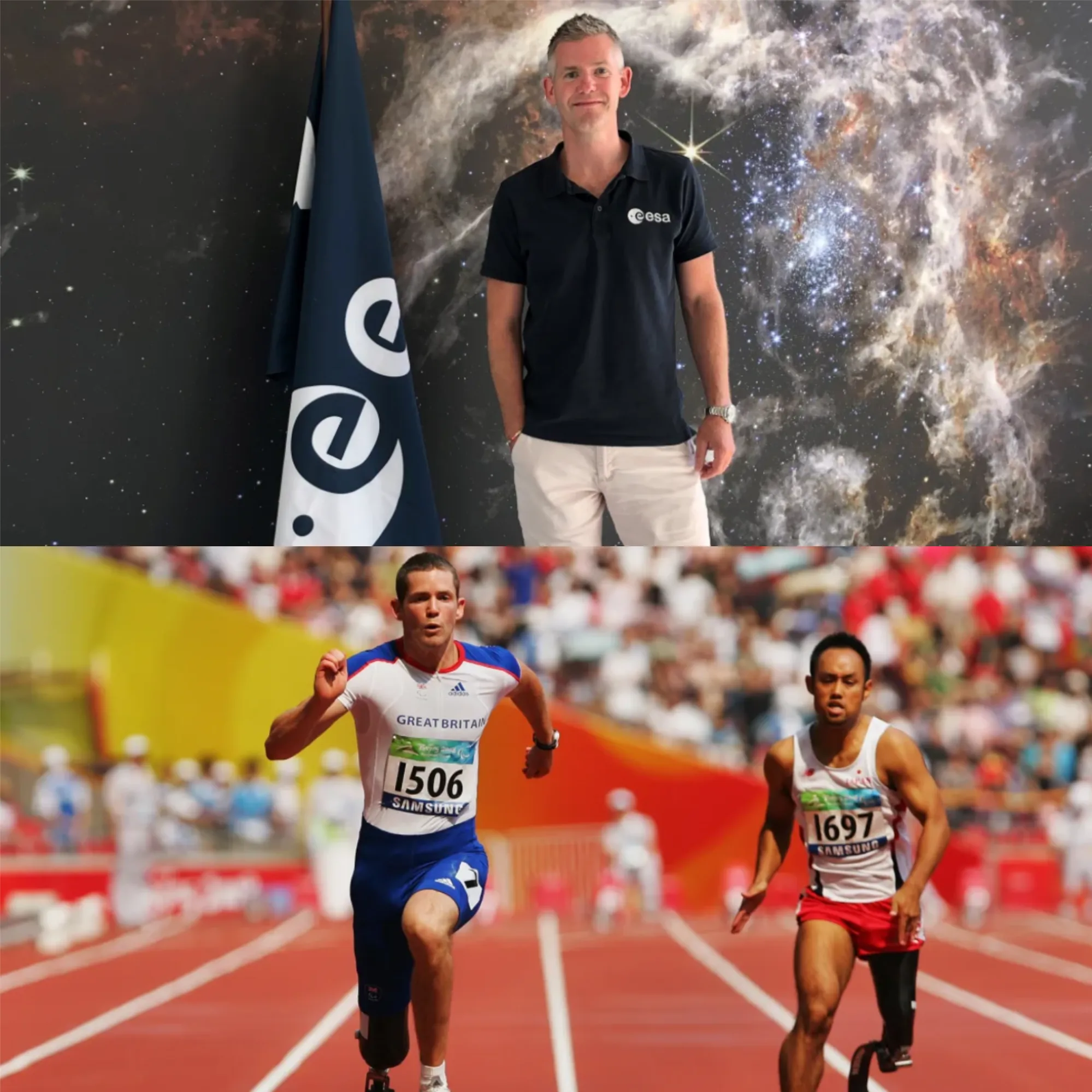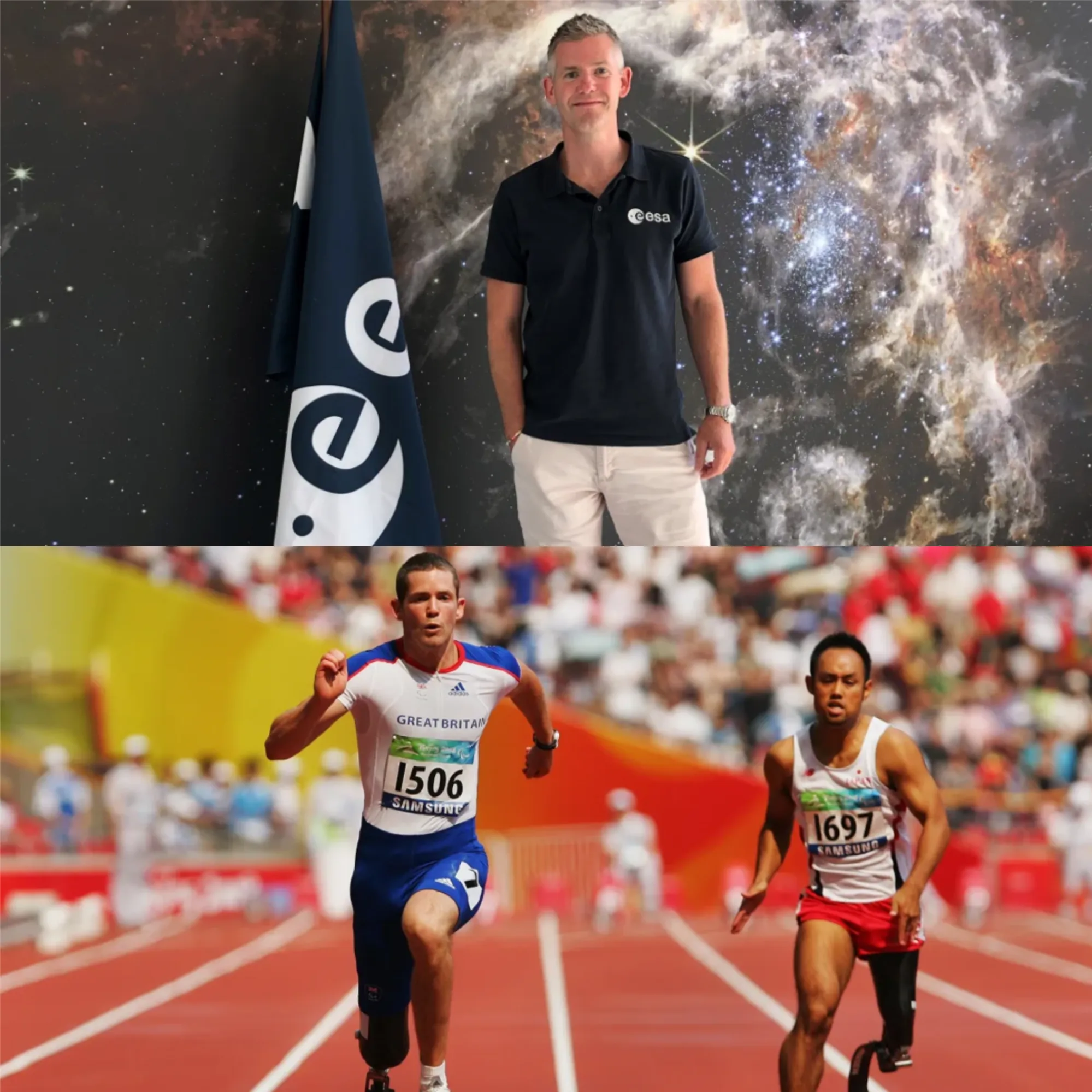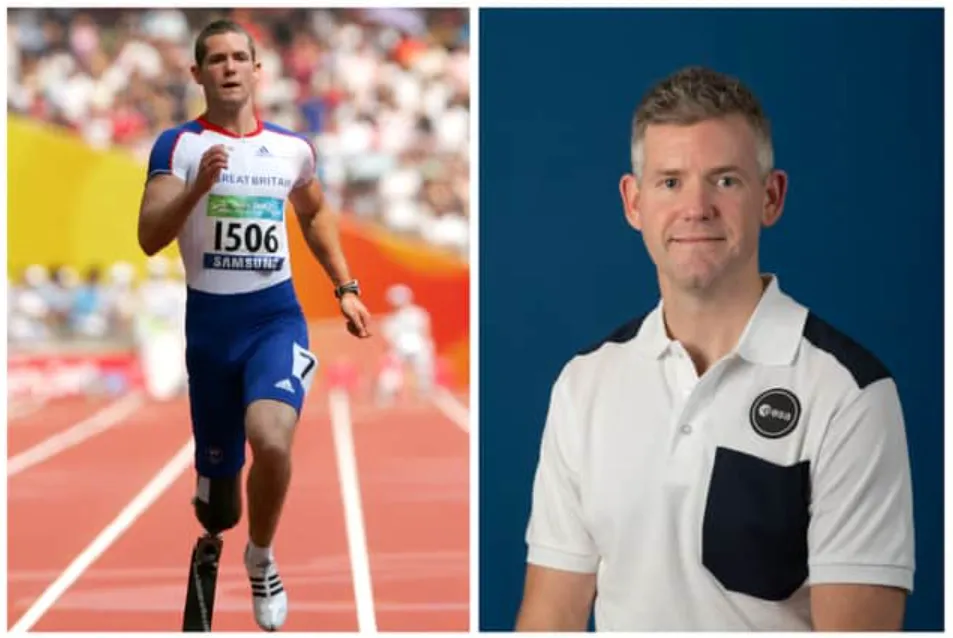
Paralympian John McFall Could Become the First Disabled Person in Space

John McFall, a Paralympian turned astronaut, is on the verge of making history as the first disabled person to journey into space. His story is a powerful testament to how the Paralympics have challenged societal perceptions of what disabled individuals can achieve.
At 19, McFall’s life changed dramatically when a motorcycle accident led to the amputation of his right leg. Despite this, he defied the odds by learning to run again, eventually becoming a professional track and field athlete. McFall’s perseverance paid off when he won a bronze medal in the 100m T42 race at the 2008 Beijing Paralympics, representing Team GB.
After his athletic career, McFall pursued a career in medicine, specializing as a trauma and orthopedic surgeon. However, his journey didn’t stop there. In 2022, McFall became the world’s first “parastronaut” when the European Space Agency (ESA) introduced a new class of trainee astronauts. He has since been involved in the ESA’s “Fly!” feasibility study, which explores the challenges that a disabled person might encounter during space travel.
According to McFall, the study has shown that it is “technically feasible for someone with a physical disability like mine to fly to space and to live and work as a fully integrated member of the ISS crew for a long mission.” With the study expected to conclude by the end of the year, McFall is optimistic that the ESA will soon “get someone with a physical disability flying.” He also expressed his hope to be that person and to pave the way for future astronauts with various disabilities.

The ESA highlighted the significance of McFall’s participation in the study, noting that it represents “a significant milestone in the journey towards inclusivity in space exploration.” The study involved rigorous training, including winter and sea survival exercises and zero-gravity flights. The agency reported that, to date, no major obstacles have been identified that would prevent an astronaut with McFall’s disability from participating in a long-duration mission to the International Space Station, which typically lasts six months.
McFall credits the Paralympics with helping to shift societal views on disability, emphasizing the role of elite athletes in inspiring others. He explained that the Paralympics connect with a broader audience and demonstrate what people with physical disabilities can achieve. Similarly, McFall believes that becoming an astronaut, a role often viewed as challenging and prestigious, could further break down barriers and inspire admiration.
At a recent ESA press briefing, McFall reflected on how his experiences as a Paralympian, his traumatic amputation, and his background in science and medicine have all contributed to his current pursuit. He expressed confidence that these experiences have equipped him well to help bridge the gap between the ESA’s ambitions and the reality of space travel for individuals with physical disabilities.
As McFall continues his journey, he is not just striving to reach space; he is also working to create a legacy that will ensure future opportunities for others with disabilities to follow in his footsteps. His determination and achievements serve as a powerful reminder that, with the right support and opportunities, the sky is not the limit—it’s just the beginning.






